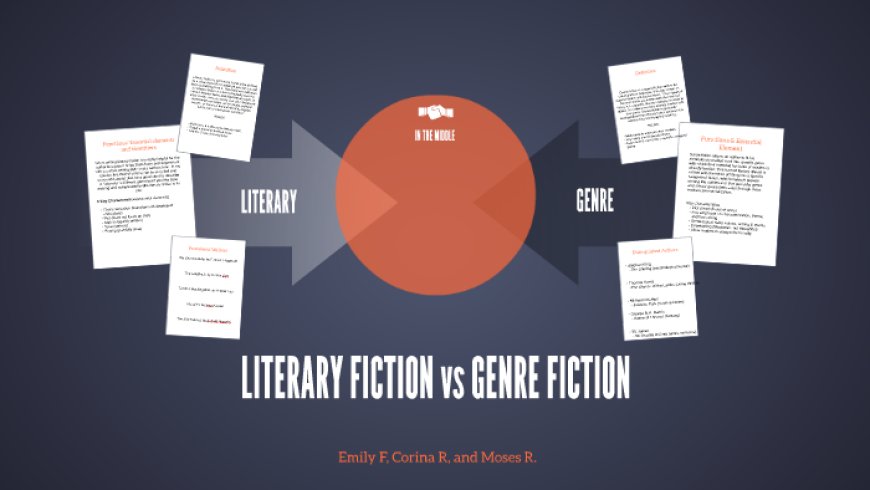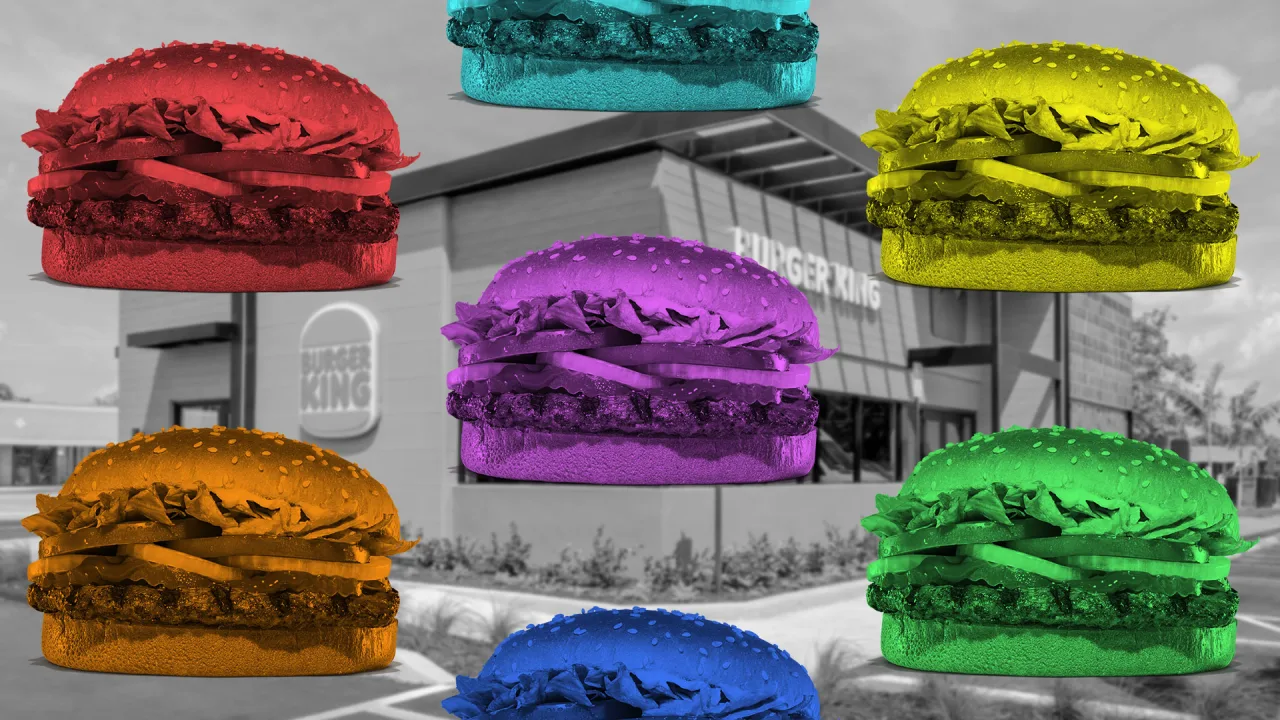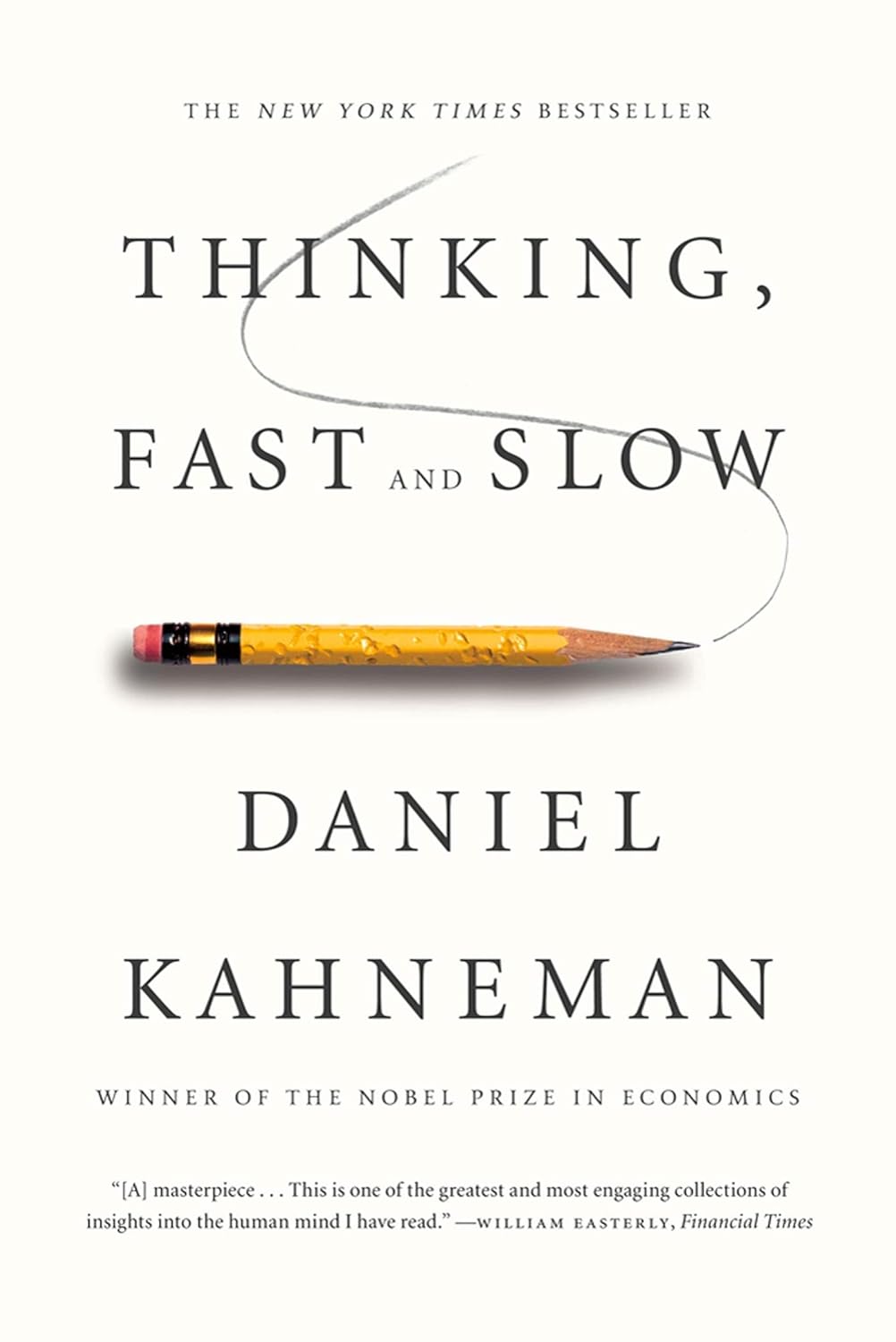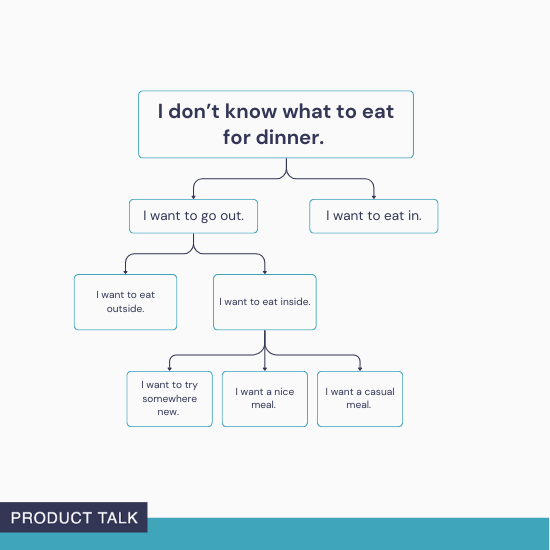Literary Fiction vs. Genre Fiction: What Sets Them Apart?
Discover the literary definition of fiction and explore what truly sets literary fiction apart from genre fiction in this insightful, reader-friendly guide.

Introduction
Ever walked into a bookstore, scanned the shelves, and wondered why some books are labeled “literary fiction” while others fall into categories like mystery, romance, or sci-fi? You're not alone. The line between literary and genre fiction can feel like a blurry one. But knowing the difference can help you better understand what kind of stories resonate with you—and why.
So, what really separates these two types of storytelling? Think of it like choosing between a gourmet meal and your favorite comfort food. Both nourish, both satisfy, but they serve different experiences.
In this article, we’ll break down the literary definition of fiction, explore the unique qualities of both literary and genre fiction, and help you decide which flavor suits your reading taste.
What is the Literary Definition of Fiction?
The literary definition of fiction refers to any narrative created from the imagination rather than strictly based on real events. It encompasses novels, short stories, and novellas. But when people talk about literary fiction, they're often referring to stories that focus deeply on character, style, and meaning—beyond just telling an entertaining tale.
Understanding Literary Fiction
Literary fiction is like jazz music. It doesn’t follow a set formula and often prioritizes depth over drama. It explores the human condition, moral dilemmas, and emotional complexities. These stories might not have explosive plots, but they linger in your mind long after you've turned the last page.
Authors like Toni Morrison, Virginia Woolf, and Kazuo Ishiguro are known for their literary contributions. Their works are more about how the story is told rather than what happens.
Understanding Genre Fiction
On the flip side, genre fiction includes categories like mystery, romance, science fiction, fantasy, horror, and thriller. These books follow established conventions and are usually driven by plot.
Think of authors like Agatha Christie (mystery), J.K. Rowling (fantasy), or Stephen King (horror). Their stories promise a certain type of experience and deliver it consistently—much like your favorite TV series.
Themes in Literary Fiction
Literary fiction often dives into:
-
Identity and self-discovery
-
Social injustice and inequality
-
Morality and ethical conflicts
-
Existential questions
These stories usually reflect real-world struggles and are open to interpretation. They don’t hand you clear answers but encourage you to think deeply.
Themes in Genre Fiction
Genre fiction tends to focus on:
-
Crime solving (mystery/thriller)
-
Love and heartbreak (romance)
-
Good vs. evil (fantasy)
-
Technological possibilities (science fiction)
While these themes can also be deep, they often prioritize delivering a satisfying narrative arc—complete with resolutions and familiar beats.
Character vs. Plot Focus
One of the biggest differences lies in what drives the story.
-
Literary fiction: Character-driven. You’re inside the minds of the characters, watching them evolve.
-
Genre fiction: Plot-driven. You're on the edge of your seat, wondering what happens next.
If literary fiction is a slow-burning candle, genre fiction is a sparkler that lights up the room fast and bright.
Language and Style Differences
Literary fiction tends to use more lyrical, metaphorical language. It's like reading poetry in prose form. Authors might experiment with structure, tone, or point of view.
Genre fiction uses clear, accessible language. The goal is to immerse the reader quickly without slowing the pace. Clarity and engagement come before artistic flair.
Realism vs. Escapism
Here’s a big one: literary fiction usually leans toward realism, exploring ordinary lives in extraordinary ways.
Genre fiction, meanwhile, often provides escapism. It takes readers into new worlds—whether through time travel, interstellar wars, or whirlwind romances.
But remember, both are valid and valuable.
Emotional Depth and Philosophical Inquiry
While both forms can evoke emotion, literary fiction typically offers deeper psychological and philosophical insight. It asks tough questions and doesn't always give neat answers.
Genre fiction may touch on similar themes, but often in a more subtle or surface-level way—keeping the spotlight on the story’s momentum.
Market Appeal and Audience Expectations
Genre fiction dominates in sales and commercial success. It's what you’ll often find on bestseller lists and in airport bookshops.
Literary fiction tends to attract a more niche audience—often those looking for a thought-provoking, slower-paced read.
Readers pick up genre books expecting a certain formula. With literary fiction, expectations are less defined—but potentially more profound.
Awards and Critical Reception
Literary fiction is more likely to win prestigious awards like the Pulitzer Prize, Man Booker Prize, or National Book Award.
Genre fiction, while incredibly popular, doesn’t often get the same critical acclaim. However, this is starting to change as more critics recognize the value and craft behind genre storytelling.
Can a Book Be Both?
Absolutely. Some books beautifully blend literary depth with genre elements. These are often called “literary genre fiction.”
Think of Margaret Atwood’s The Handmaid’s Tale—a dystopian story with literary weight—or Colson Whitehead’s The Underground Railroad, blending history, fantasy, and deep social commentary.
Common Misconceptions
Let’s clear up a few myths:
-
Myth: Literary fiction is “better.”
Reality: It’s just different. Both forms require skill and creativity. -
Myth: Genre fiction is only for entertainment.
Reality: Many genre books explore serious themes and offer meaningful insights.
Which One Should You Read?
Ask yourself:
-
Do I want to think deeply about human nature? Try literary fiction.
-
Do I want a page-turning escape? Grab a genre novel.
Or better yet, read both! Like balancing your diet, mixing styles can make you a healthier, happier reader.
Final Thoughts and Takeaways
The debate between literary fiction vs. genre fiction shouldn’t be about which is superior—it’s about understanding and appreciating their differences.
Literary fiction invites us to sit with uncomfortable truths and marvel at the beauty of language. Genre fiction gives us adventure, mystery, romance, and thrills. Both enrich our lives in different, wonderful ways.
The next time you browse a bookstore or your favorite online shop, remember: whether it’s literary or genre, if it speaks to you—it’s worth reading.
FAQs
1. What is the main difference between literary fiction and genre fiction?
Literary fiction focuses on character development and thematic depth, while genre fiction emphasizes plot and follows specific storytelling conventions.
2. Can a book be both literary and genre fiction?
Yes, many books blend both, offering the richness of literary fiction with the excitement of genre storytelling.
3. Is literary fiction harder to read than genre fiction?
It can be, due to its complex language and abstract themes, but it's also more interpretive and rewarding for many readers.
4. Why does genre fiction sell more than literary fiction?
Genre fiction often follows a formula that appeals to a broader audience, making it more accessible and commercially successful.
5. What is the literary definition of fiction?
The literary definition of fiction is a narrative created from imagination, exploring human experiences, whether through realism or fantastical elements.













































































































![Building A Digital PR Strategy: 10 Essential Steps for Beginners [With Examples]](https://buzzsumo.com/wp-content/uploads/2023/09/Building-A-Digital-PR-Strategy-10-Essential-Steps-for-Beginners-With-Examples-bblog-masthead.jpg)


















































